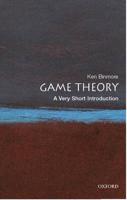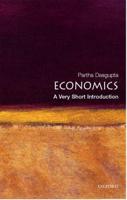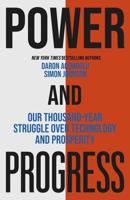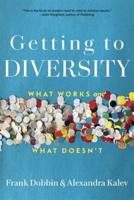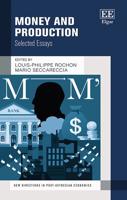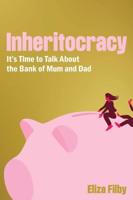Publisher's Synopsis
The unification of Germany is one of the most wrenching and dramatic transitions in economic history. A policy issue of worldwide interest, it holds key lessons for the remaining post-socialist economies. In "Jumpstart" two German economists synthesize a vast body of literature to present an analytical account of the reunification process and the policy alternatives. The Sinns' primarily non-technical account should interest non-specialists who want to keep up with economic events. Their summary of the German experience with radical reform should provide a valuable reference for specialists in transition economics.;Contrary to fears that German reunificiation would bring on a resurgence of nationalism, the Sinns point out, it has met with apathy and indifference. Nonetheless, a great deal is at stake in the battle for redistribution, and the present economic chaos poses a serious threat to social stability.;The Sinns suggest a "social pact" between labour and management that could put an end to the struggle over distribution and speed up the transformation of the former East German communist economy into a market economy. The core of this pact is a shift in emphasis from factor prices to the fundamental issues of compensation and the distribution of real wealth.


